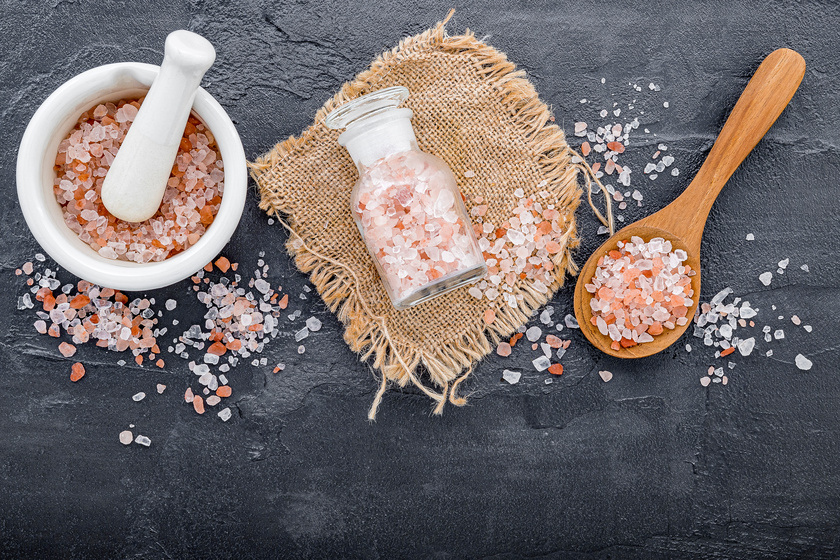Although salt and sodium have a negative image in the health and nutrition business, a little quantity of the nutrient is required for normal physiological function. Sodium aids in fluid equilibrium and is required for nerve impulse conduction as well as muscle contraction. Too much salt, on the other hand, may cause excessive blood pressure and coronary disease. Continue reading to discover more about sodium consumption in diets.
Adequate Intake
The Food and Nutrition Board advises an adequate salt consumption of 1,300 milligrams per day between the ages of 51 and 70, and a slightly reduced intake of 1,200 milligrams per day beyond the age of 70. The Adequate Intake (AI) is the quantity of sodium that should satisfy the nutritional needs of a healthy senior.
Tolerable Upper Intake Level
Rather than concentrating on the AI, most individuals strive to keep within the Food and Nutrition Information Board’s Tolerable Upper Intake Level. The UL is the maximum daily salt consumption that should provide no significant health harm to healthy seniors. It is the quantity of sodium that they should be able to ingest safely on a daily basis. The upper limit for salt is 2,300 milligrams per day.
Salt Substitute Dangers
As potassium chloride tastes similar to sodium chloride, it is often used as a salt replacement. While it may be an efficient method for lowering salt, it may also be highly harmful, especially for elderly. The kidneys grow less effective in removing extra potassium from the body as we age. Too much potassium in the blood may cause significant cardiac issues and even deadly consequences. Seniors should always see a doctor before incorporating salt replacements into their diet.
Reducing Intake
A teaspoon of salt comprises around 2,325 milligrams of sodium. So, according to the CDC, a senior should consume no more than 2/3 teaspoon of salt every day, which may be a challenging regulation to follow. To make meal preparation faster and more convenient, many seniors depend on processed, pre-made, and canned meals. Unfortunately, these sorts of meals are high in salt. Limit your daily salt consumption by avoiding deli meats, pasta and rice combinations, frozen meals, and spice blends. Before using canned beans and vegetables, drain and rinse them well. When feasible, use low-sodium soups and season your meals with spices and herbs rather than salt.
Choose Discovery Village At Twin Creeks for Elegant Senior Living
Many residents in retirement communities relish being able to maintain an Independent Living lifestyle. At Discovery Village At Twin Creeks, our residents have the freedom to choose what their day will look like, while enjoying access to outstanding amenities and an appealing clubhouse. A rewarding part of one’s everyday routine is mealtimes. If you’re looking to whip up something healthy and delightful in the comfort and privacy of your own kitchen, why not take a look at the benefits of organic food? At Discovery Village At Twin Creeks, you can savor the joys of the everyday now that you have time on your hands to do as you wish.
Please contact us right now if you wish to learn more about our senior living options!







